
Do you ever find yourself sitting in the movie theatre, yelling at the screen, annoying everyone around you? You just can’t help yourself! If those movie characters would just make better decisions, then you wouldn’t feel compelled to tell them what to do! Do you ever wish you could control the actions of movie characters? With a little known technology called “video games,” now you can. Picture this: a movie where you get to call all the shots. You want the main character to jump off a cliff? That’s your prerogative. With these 10 video games that feel like playing a movie, you get to be the director, the actor, and the screenwriter all at once!
The Metal Gear Series

Created by the incomparable game designer genius Hideo Kojima, the Metal Gear series is easily one of the most cinematic video game franchises ever made. A military alternate history that takes place across decades, each game in the series feels like its own film sub-genre. Metal Gear Solid is a gritty 90’s spy thriller. Metal Gear Solid 3 is a 60’s Cold War flick with its own James Bond-style theme song. Metal Gear Solid 4 is a sci-fi dystopian epic. But when it comes to pure cinema, Metal Gear Solid 5: The Phantom Pain is the franchise’s crown jewel. Centered around a mercenary company caught in the middle of the Russia-Afghanistan war, the plot follows a grizzled soldier’s attempt to seek revenge against the man who nearly destroyed everything he and his comrades built. When your main character is motion captured and voice acted by Kiefer Sutherland himself, you know you’re making video game movie magic.
The Last of Us Series
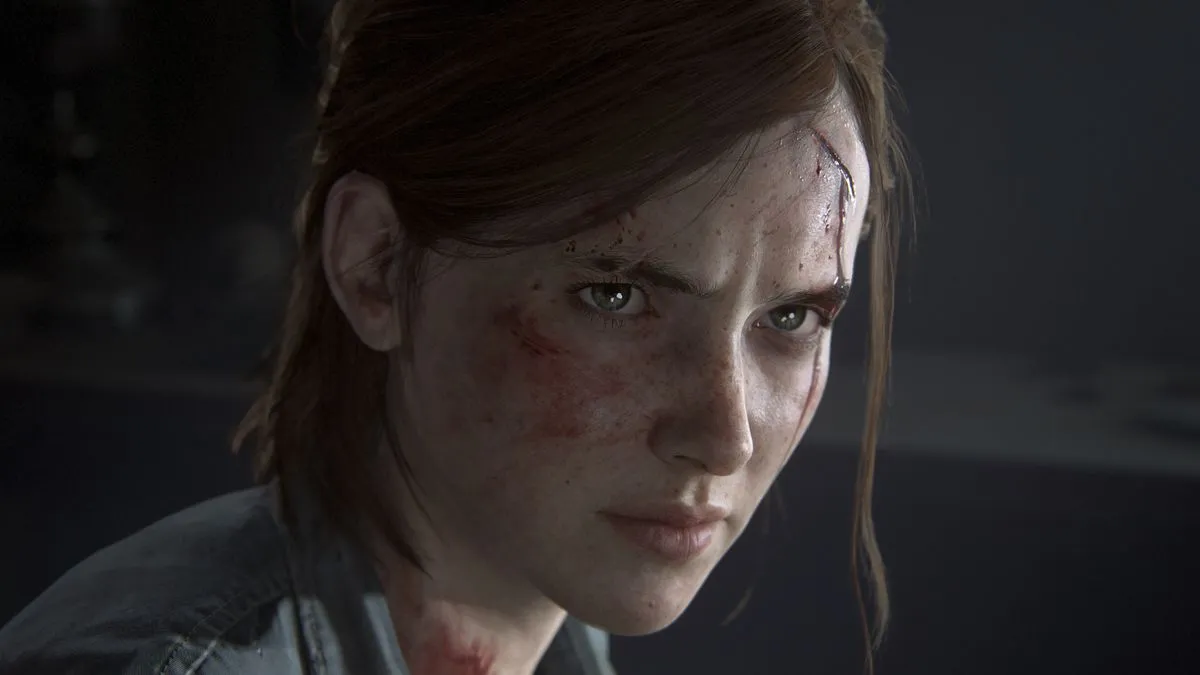
The franchise that elevated video game narratives into full blown Oscar bait, The Last of Us series feels like a play-through of a Best Picture winner. The franchise is set in a post-apocalyptic world ravaged by a fungus, one that has turned human beings into mushroomy zombies. The first game follows grizzled smuggler named Joel on his quest to deliver his most precious cargo yet: a little girl who is immune to the virus. While the brutal gameplay and emotional weight of the game make it feel like post-apocalyptic greats such as Children of Men and 28 Days Later, the true “movie” quality of the games comes from the choices that it forces you to make. Much of the series’ narratives revolve around morally complicated choices that are made for you, that the game expects you to execute on. And when I say “execute,” I mean that in the most homicidal sense of the word. You are not the main character – their choices are their own. You might control the pace of the plot, but you can’t change the script.
Hellblade: Senua’s Sacrifice

If A24 ever decided to make a game, it would probably look a lot like Hellblade: Senua’s Sacrifice. A mythological folk horror, the plot follows 8th century Pict warrior Senua on a quest into Helheim in order to save the soul of her lover. Carrying her beloved’s severed head with her, Senua navigates the abyss at the cost of her own sanity. Deeply cerebral, the game is essentially a downward spiral into madness – Senua’s mental state becomes more tortured the deeper she goes. The boss fights are close quarters affairs that feel more like nightmare sequences than standard gameplay combat. There’s something deeply troubled about this game – it’s a haunted version of The Northman. A decaying Green Knight. Beowulf dipped in blood.
Red Dead Redemption 2
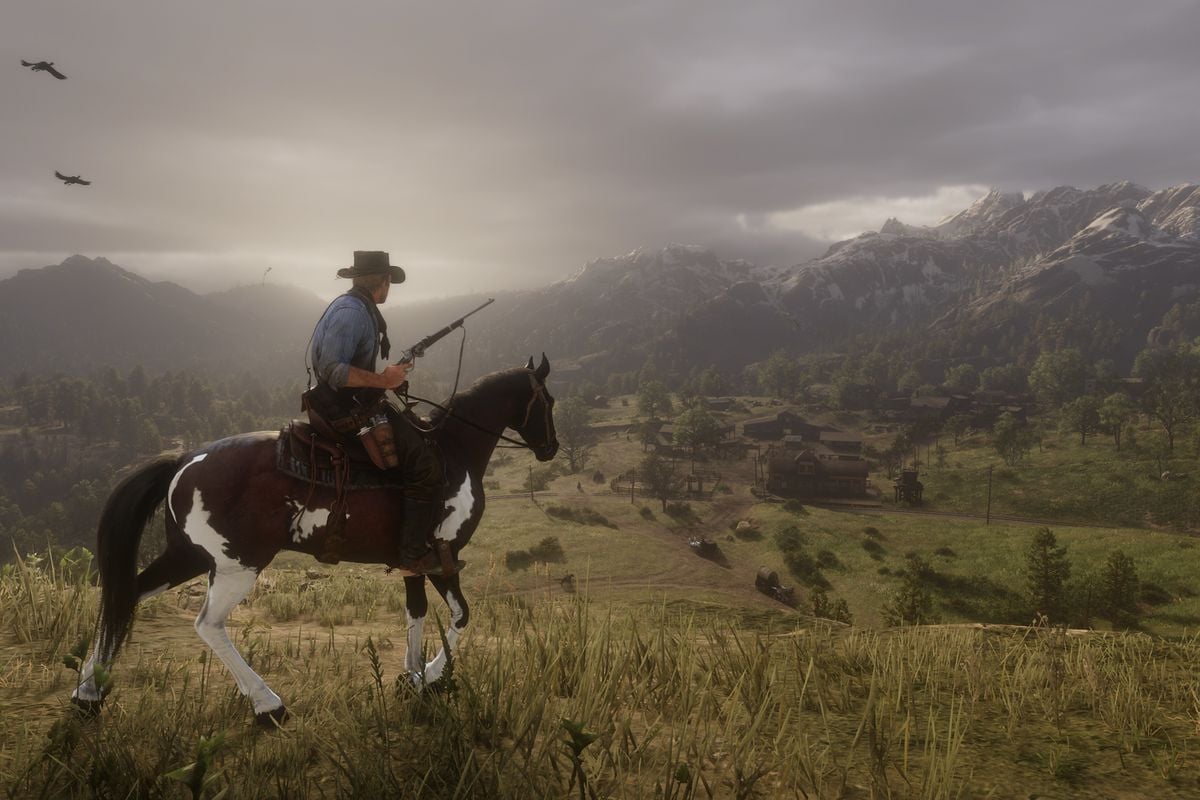
While Red Dead Redemption was an epic Western in its own right, the sequel upped the cinematic feel of the series to Sergio Leone levels. Set in the dying days of the Old West, the story follows a group of outlaws on the run from the long arm of the law – and they’re running out of places to hide. As Pinkerton agents close in on all sides, the gang’s charismatic leader Dutch van der Linde slowly begins to lose his composure, while the group’s strongman Arthur Morgan begins to question the morality and sustainability of the outlaw life they lead. Red Dead Redemption 2 is bigger than a movie, it’s an entire HBO series like Deadwood. A larger than life epic about one man’s relationship to honor – honor upheld or left behind.
Grand Theft Auto V

The ultimate video game satire, Grand Theft Auto V is a sardonic reflection on the modern age. It feels like if Black Mirror abandoned its sci-fi trappings and decided to take a stab at the world of today – painting L.A. with its dark and cynical brush. Set in the mirror world of Los Santos, the story follows a trio of criminals from separate walks of life, all attempting to get rich quick in a rat race world. It’s got the madcap crime thriller humor of a Guy Ritchie movie combined with the American sleaze of Heat and Scarface. Nasty people in a nasty world who are tired of keeping up nice appearances – not that the sociopathic Trevor was ever concerned about his appearance to begin with, but you get what I mean.
Okami
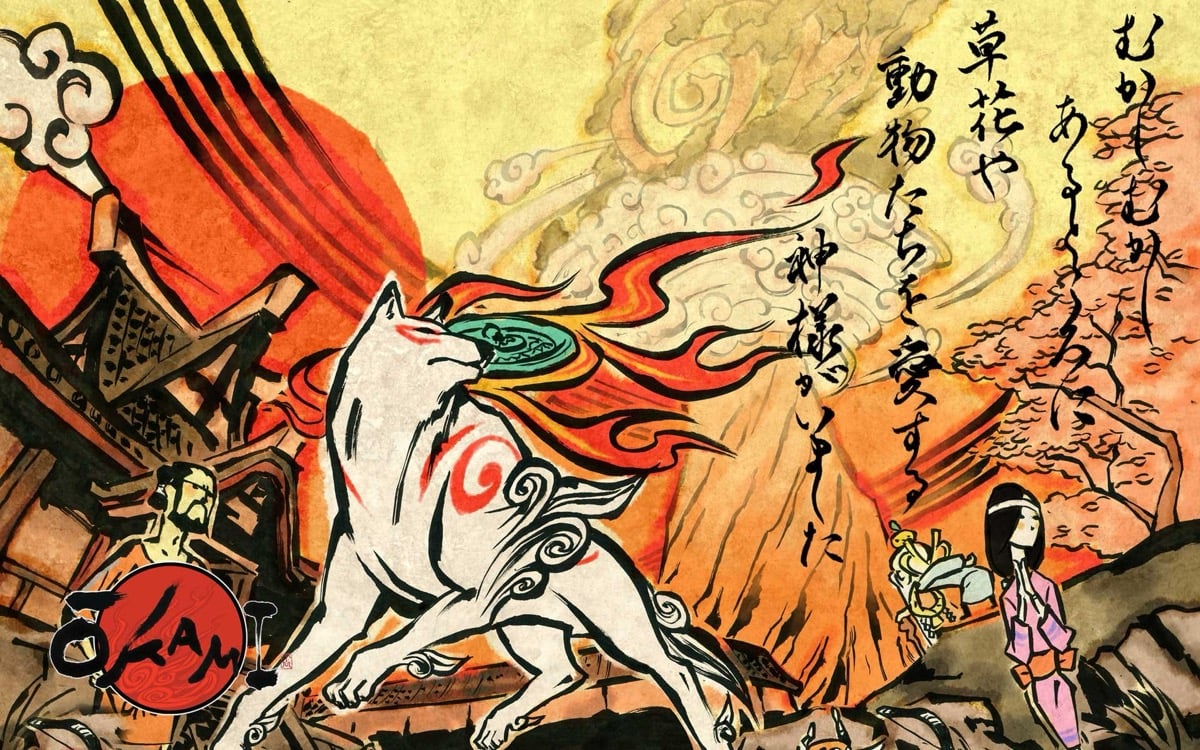
One of the most underrated games of all time, Okami feels like a Studio Ghibli film that never was. The plot is set in mythological Japan, and the player takes control of a wolf named Amaterasu who is the reincarnation of the sun goddess. Winding her way through a stunning, brushstroke world, Amaterasu comes face to snout with characters from Japanese folklore. Maiden devouring serpents, drunken samurai warriors, demon-possessed royals, wandering gods, and young girl who was born out of a stalk of bamboo. While it lacks the cinematic cutscenes of more modern games, it makes up for it with is gorgeous brushwork worlds that feels straight out of Princess Mononoke.
The Uncharted Series
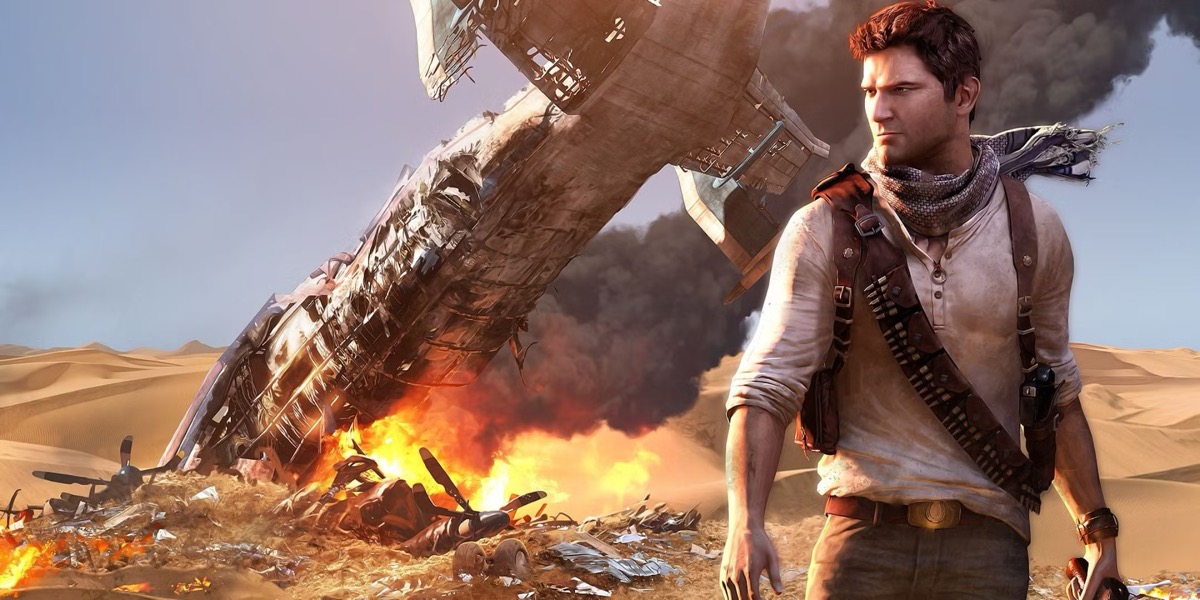
The video game version of Indiana Jones, the Uncharted series is a Spielberg-esque globe trotting romp. The franchise follows historian and adrenaline junkie Nathan Drake on his never-ending quest for artifacts lost to time. The game takes the player into classic adventure film worlds: steaming jungle ruins, forgotten mountain temples, lost cities of the desert, and forgotten coves where pirates stashed loot long ago. With its run and gun play style and stunning set pieces, the game feels like you’re flying by the seat of your cargo pants. The train level in Uncharted 2? Perhaps one of the cinematic gaming sequences ever designed.
Detroit: Become Human
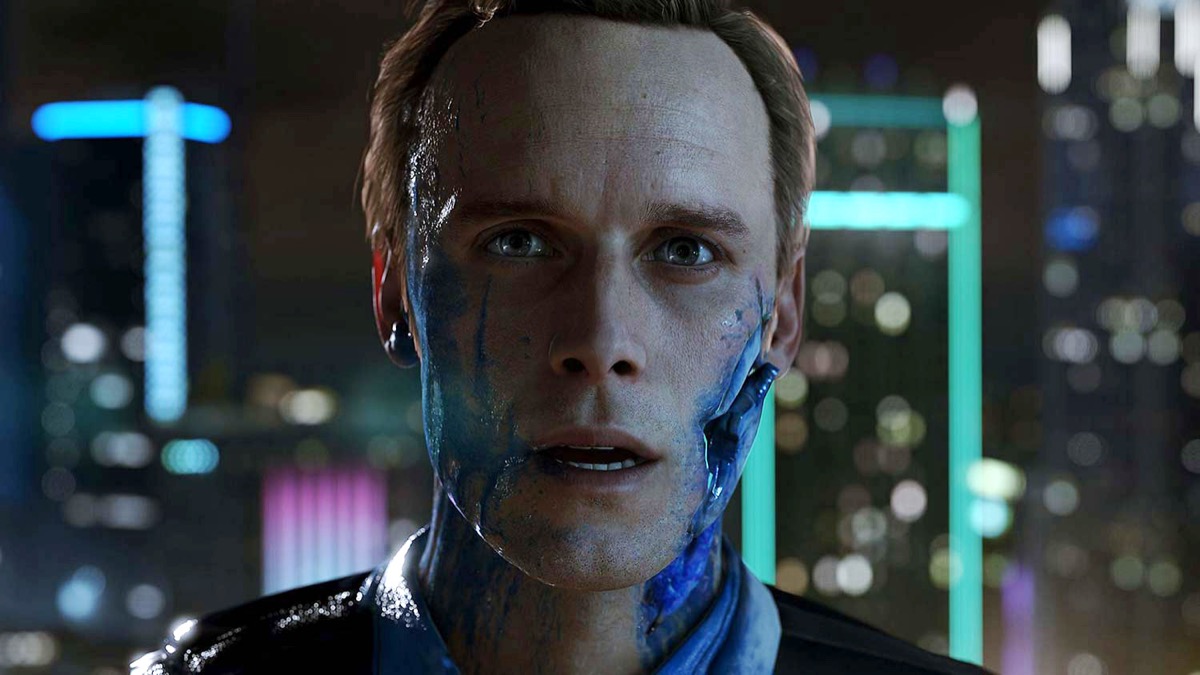
Building off of the “playable movie” groundwork of genre pioneer Heavy Rain, Detroit: Become Human is a sci-fi epic that stands alongside Blade Runner. Taking place in 2038, the action is set in a world where androids live alongside humans – though they are (supposedly) deprived of free will and emotion. You cycle between playing as one of three androids – a police investigator, a housekeeper, and a caretaker for an elderly painter. After bearing witness to a morally grey legal system, domestic abuse, and android discrimination respectively, each character embarks on a “choose your own adventure” style journey that will change their city forever. There aren’t traditional combat sequences, rather playable cutscenes with timed dialogue options and the choice between different prescribed actions. It’s the most traditionally “cinematic” game on this list – a movie where instead of yelling at the screen when a character makes a bad decision, you can yell at yourself when you make one.
God of War
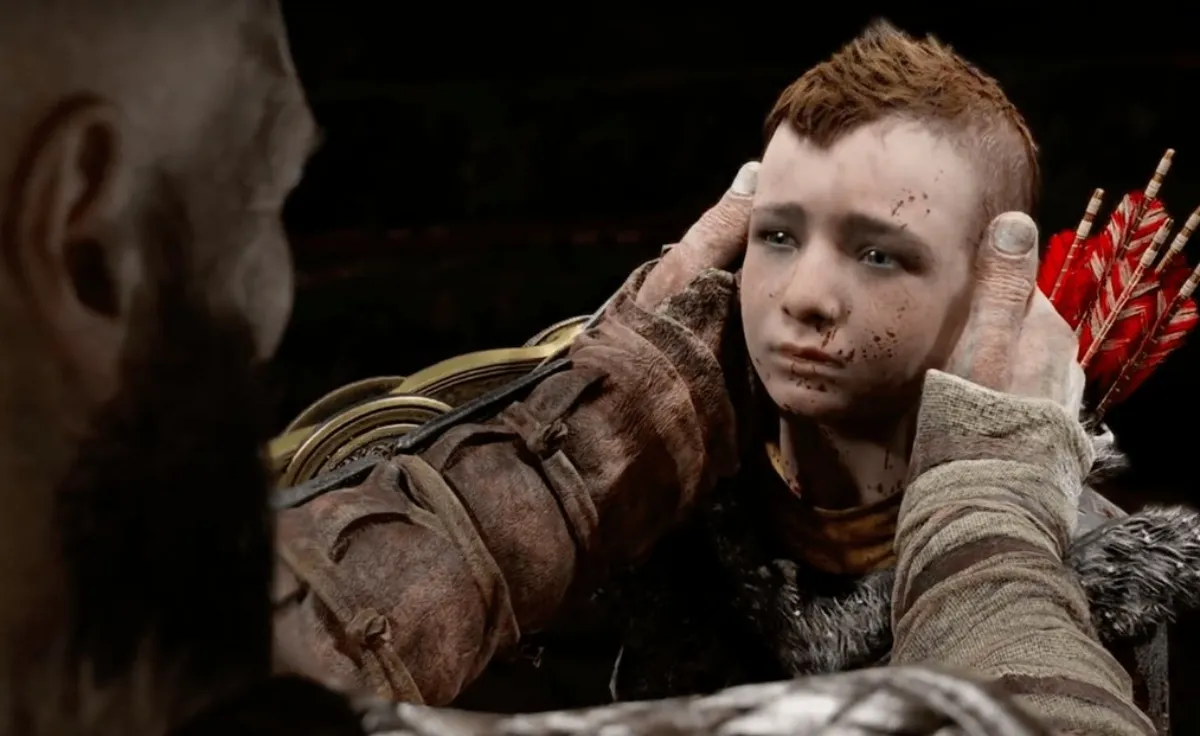
While the God of War franchise made a name for itself with its breathtakingly cinematic combat sequences, the series reached its video game movie apex in the modern era. God of War trades the hack and slash brutality of its predecessors to tell an emotional story based around an older and (somewhat) wiser Kratos – an emotionally stunted man attempting to bond with his young son. The most cinematic aspect of the game is its “one take” cinematography. The “cutscenes” don’t cut at all, but rather the game’s over the shoulder camera simply tracks the characters cinematically during narrative moments. Like Metal Gear Solid 5: The Phantom Pain, the lack of cuts make the game feel as impressive as real one take wonder films like Victoria – made all the more jaw dropping by its mythological magnitude.
Max Payne 3
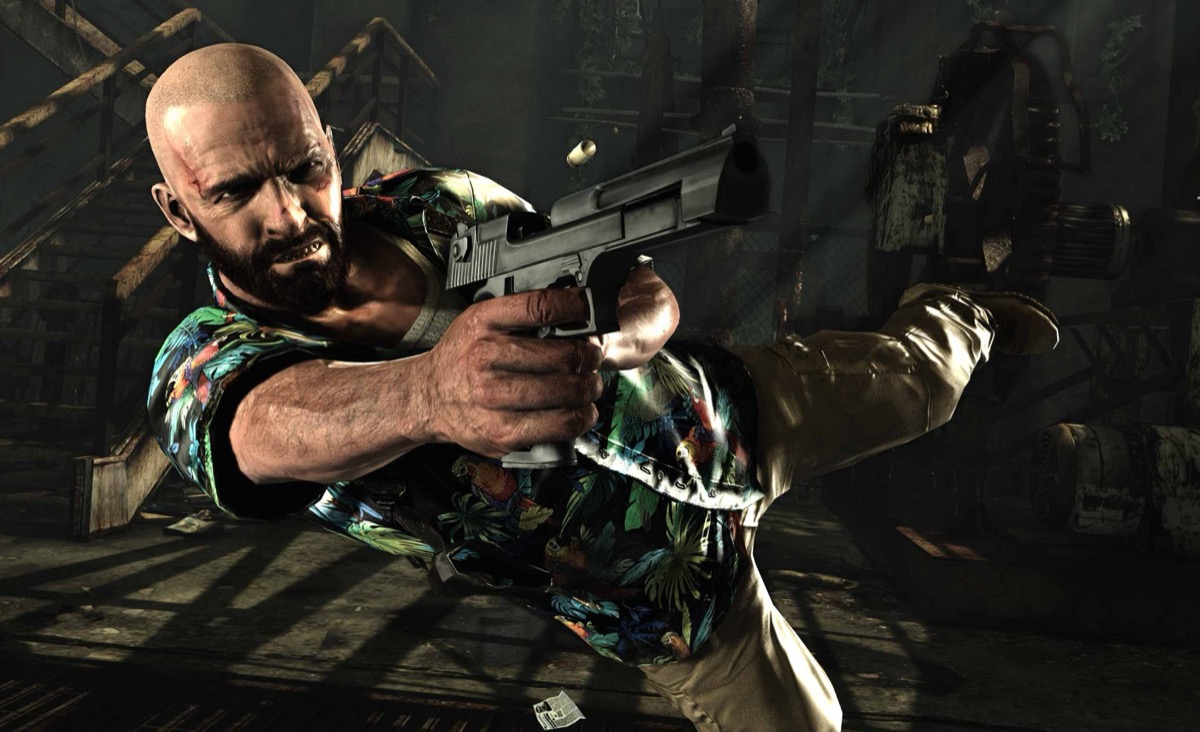
An underrated Neo-noire gem, Max Payne 3 plays like a combination mobster movie and gritty crime thriller. The plot follows alcoholic hero Max Payne, whose marksmanship skills are equally as sharp as his one-liners. Hired to serve as a bodyguard to a wealthy South American family, things quickly go awry after the family’s socialite children are kidnapped by criminals. The gameplay is made cinematic as hell through the use of “bullet time” which allows Max to launch himself through the air in slow motion while picking off foes with surgical precision. The plot unfolds with the brutality of crime epics like City of God and Elite Squad, buoyed by Max’s dry humor noir witticisms – “I had a hole in my second favorite drinking arm” is a favorite line to this day.
Have a tip we should know? [email protected]







